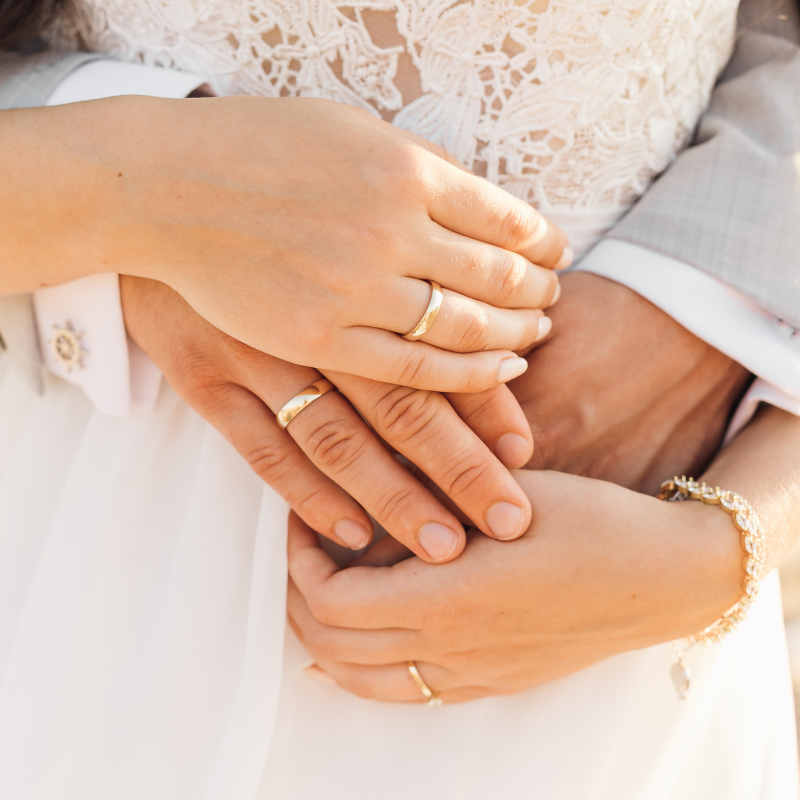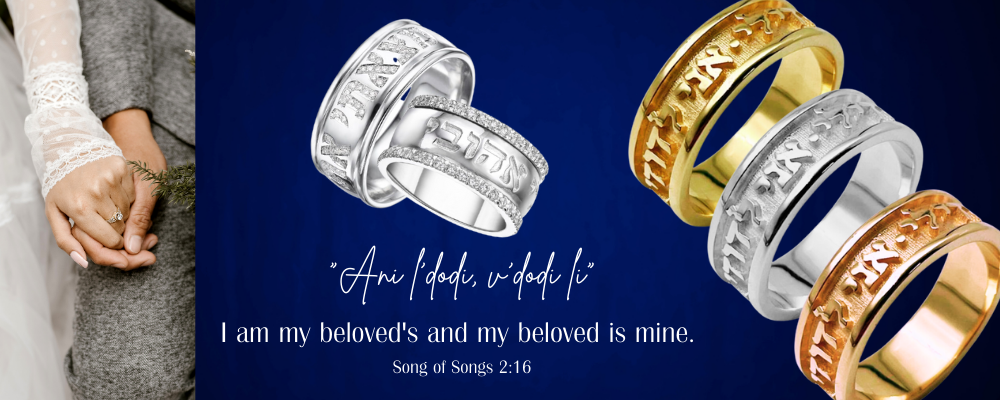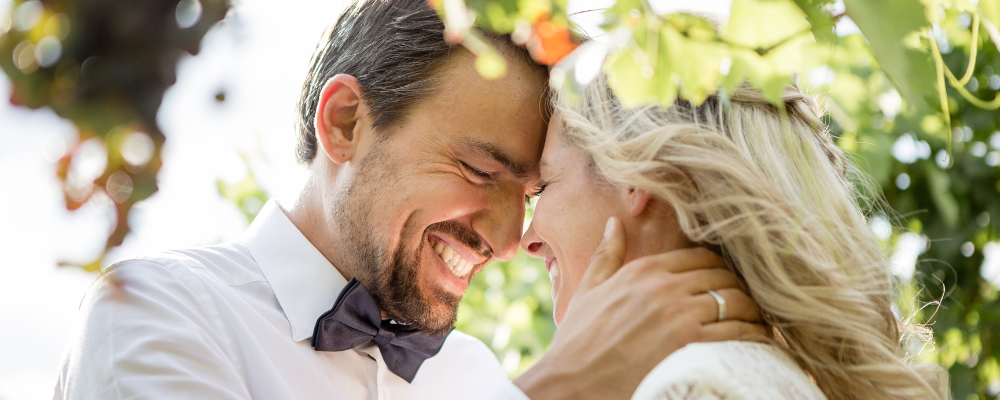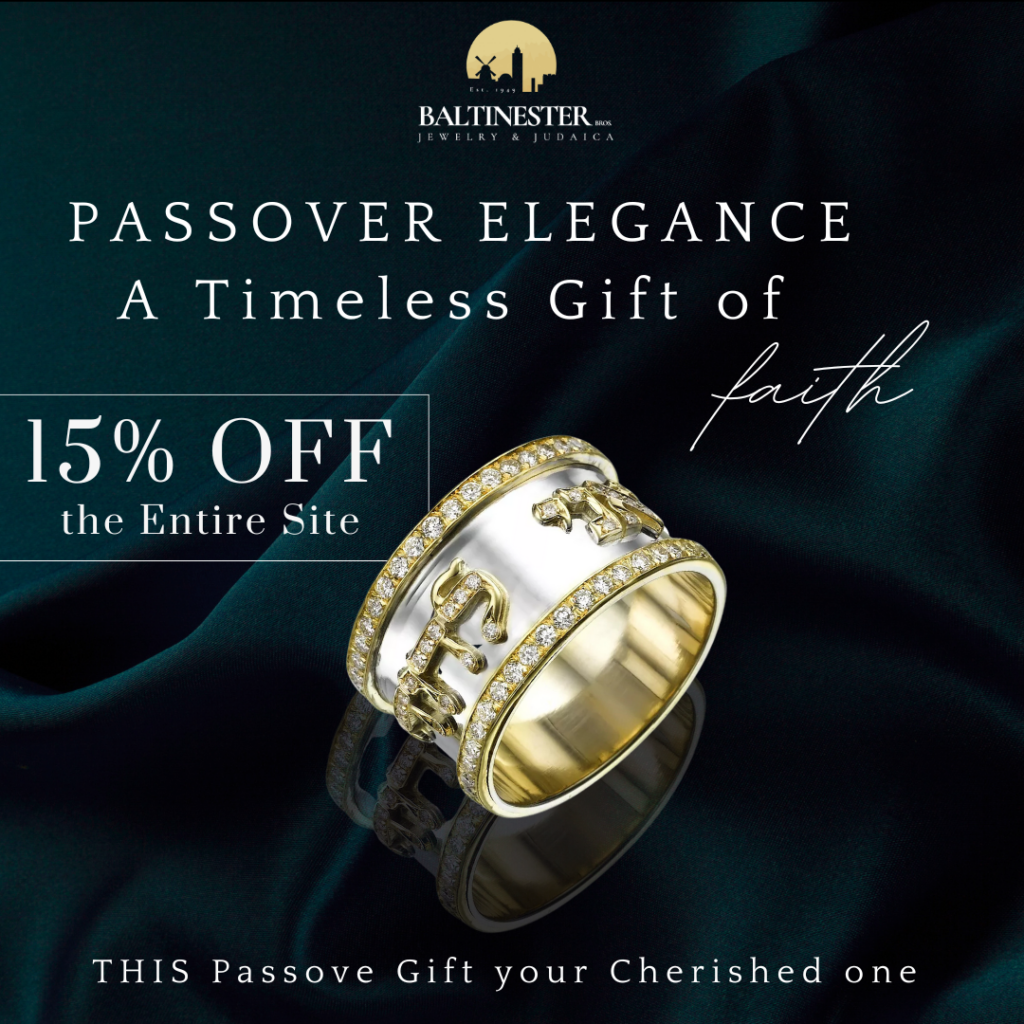Jewish wedding rings hold deep cultural and symbolic significance within the Jewish faith. They serve as a tangible representation of the commitment and love shared between two individuals as they embark on their journey of love, marriage and commitment for life.
History of Jewish Wedding Rings
The tradition of exchanging rings during Jewish wedding ceremonies dates back to ancient times. The concept of using a ring as a symbol of betrothal can be traced to biblical references in Jewish scriptures. For example, in the Book of Genesis, when Pharaoh bestowed gifts upon Joseph, he gave him a signet ring as a symbol of authority and power. This ancient practice laid the foundation for the symbolism and importance of rings in Jewish culture.
In the Middle Ages, Jewish wedding rings began to incorporate Hebrew inscriptions, further adding to their significance. These inscriptions often featured biblical verses or phrases that spoke to the couple’s love and devotion. The use of Hebrew, the sacred language of the Jewish people, served as a connection to religious heritage and emphasized the spiritual nature of the marital union.
Traditionally, Jewish wedding rings were simple and unadorned, made of gold or silver. The emphasis was on the meaning behind the ring rather than its material value. However, as societal norms and fashion trends evolved, Jewish wedding rings began to incorporate more elaborate designs and precious gemstones. Today, couples have a wide range of options to choose from, including rings with
- intricate engravings,
- unique materials, and
- personalized touches.
Jewish Wedding Rings Today
One of the distinctive features of Jewish wedding rings is the presence of Hebrew inscriptions. These inscriptions, often in the form of biblical verses or phrases, play a significant role in the meaning and purpose of these rings.
Hebrew, the ancient language of the Jewish people, holds tremendous spiritual value within Jewish traditions. It is considered the sacred language of the Torah, the holy scripture of Judaism. Therefore, incorporating Hebrew inscriptions on wedding rings carries a powerful spiritual connection and serves as a reminder of the couple’s commitment to their faith and to each other.
One of the most commonly used inscriptions on Hebrew wedding rings is the phrase, “Ani l’dodi v’dodi li,” which translates to “I am my beloved’s and my beloved is mine.” This verse is derived from the Song of Solomon (6:3) and represents the deep love and devotion between the spouses. It signifies the idea of a mutual bond and partnership in marriage, where each partner belongs to and cherishes the other.
Link to Jewish Heritage
The use of Hebrew inscriptions on Jewish wedding rings goes beyond mere symbolism; it also represents a link to Jewish heritage and tradition. By incorporating Hebrew into their rings, couples are acknowledging and honoring their cultural and religious roots. It serves as a reminder of the rich history and values passed down through generations, connecting the couple to a larger community and shared legacy.
In today’s diverse and dynamic world, the blending of faith and fashion has become increasingly prevalent. A prime example of this can be seen in Jewish wedding rings, where traditional symbols and customs are seamlessly integrated into contemporary designs. These rings serve as a unique bridge between faith and fashion, allowing couples to express their religious beliefs while embracing their personal style.
However, as fashion trends evolve and individuals seek to express their personal style, Jewish wedding rings have evolved as well. Today, couples have a wide range of options to choose from, including rings with intricate engravings, gemstone accents, and contemporary designs. These modern interpretations of Hebrew wedding rings not only embrace the individuality of the couple but also provide an opportunity to blend faith with the latest fashion trends.
Personalization and Individual Meaning
In addition to biblical verses, Hebrew inscriptions on Jewish wedding rings may also include the couple’s names, the date of their wedding, or other meaningful phrases. These personal touches further enhance the significance of the ring, making it a unique and cherished symbol of their union. It becomes a lasting testament to their love story and a tangible representation of their commitment.
The process of choosing and inscribing Hebrew phrases on a Jewish wedding ring can be deeply meaningful and personal. Couples often consult with
- rabbis,
- spiritual leaders, or
- knowledgeable individuals within their community
to select appropriate verses or phrases that align with their values and beliefs. This consultation ensures that the chosen inscription reflects their intentions and resonates with their spiritual journey.
A Public Declaration and Cultural Identity
The act of wearing a Jewish wedding ring with a Hebrew inscription is also a public declaration of one’s commitment to Jewish traditions and values. It serves as a visible symbol to others, signaling their marital status and their connection to the Jewish community. Jewish wedding rings are not only cherished by the couple but also recognized and respected by others who understand their significance.
Invoking Spiritual Blessings in Hebrew Wedding Rings
Furthermore, Hebrew inscriptions on Jewish wedding rings have the power to evoke a sense of spirituality and divine presence. When a couple exchanges rings during the wedding ceremony, the Hebrew inscription serves as a reminder of God’s presence in their union. It is a constant reminder that their love and commitment are not only shared between the two of them but also blessed by a higher power.
Preserving Jewish Traditions with Jewish Wedding Rings
The use of Hebrew inscriptions on Jewish wedding rings not only adds a layer of beauty and significance but also helps preserve and promote Jewish traditions. By continuing this practice, couples contribute to the rich tapestry of Jewish culture and pass on these customs to future generations.
In conclusion, Hebrew inscriptions on Jewish wedding rings play a vital role in the symbolism and meaning of these cherished symbols. They represent a connection to Jewish heritage, spirituality, and shared values. Through these inscriptions, couples express their love, devotion, and commitment to each other, their faith, and their community. The Hebrew language, infused with ancient wisdom and tradition, breathes life into these rings, making them more than just pieces of jewelry but powerful symbols of love, faith, and the enduring bond of marriage.



